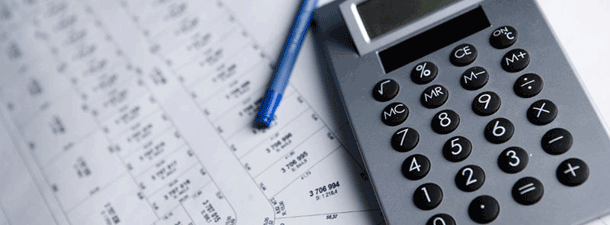Ed Milliband has reopened the mansion tax debate, but such a tax would be complex and inefficient, raising little revenue at great potential cost and could unintentionally hurt the asset rich, cash poor long term owners of high value property, says real estate adviser, Savills.
“The high value end of the market was already making a disproportionately high contribution to the total tax take even before last year’s Budget,” says Lucian Cook, director of Savills research. “Coming on top of the additional taxes introduced less than a year ago, talk of a mansion tax will be very unwelcome.
“Not only would such a tax be costly to administer, our analysis suggests that it would not be a big revenue raiser.”
Contrary to popular perceptions, he says, top end property owners already make a disproportionately high contribution to tax revenues. The situation before the 2012 Budget was as follows:
- the UK already had by far the highest property tax take of any OECD country (property taxes contribute 4.2% of GDP compared to the OECD average of 1.8%)
- the highest 1.6% of residential property sales yielded £1.2 billion in 2010, the equivalent of 26% of all stamp duty receipts
- the top 0.7% of housing stock held at death contributes 36% of inheritance tax receipts from residential property
- the non dom levy, which will rise from £30,000 to £50,000 a year, already collects revenue from owners of high value property domiciled overseas.
We estimate that an increase from 4% to 5% on £1million plus property introduced in April 2011 will have added around £290m of additional tax and that increasing the rate from 5% to 7% for properties over £2million will add a further £370m.



















